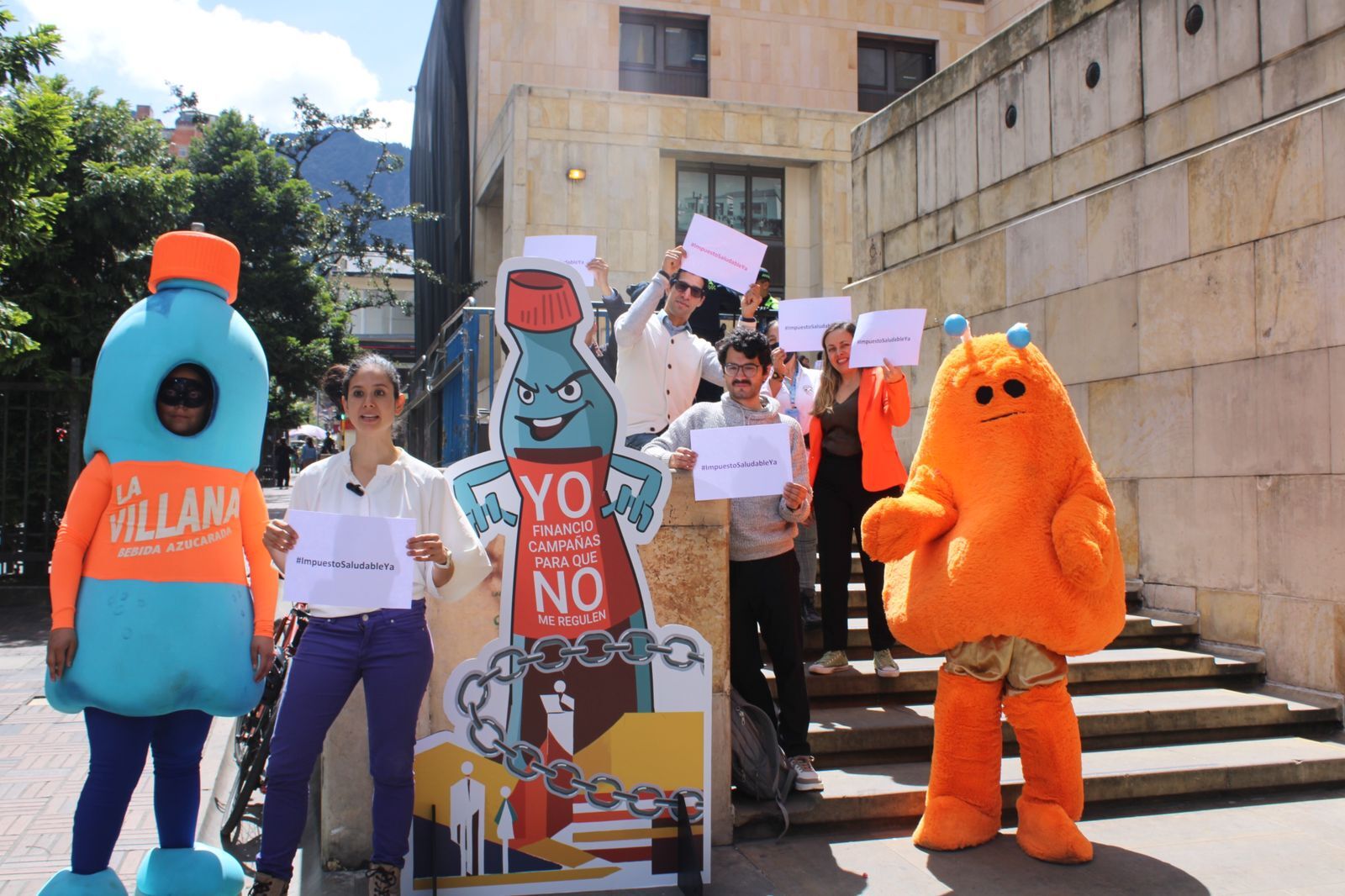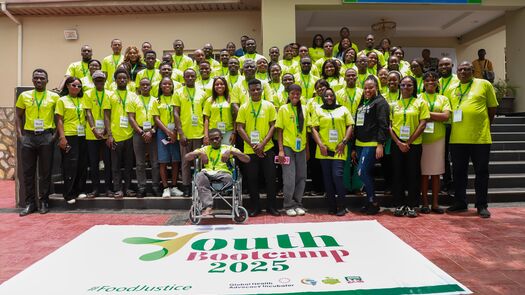November 25, 2025

The Colombian Constitutional Court delivered a groundbreaking decision last month by unanimously declaring the tax on sugary drinks constitutional. With the full backing of the Court, the tax, which was passed in 2022, took effect on November 1st, and Colombia proudly joined the ranks of nations that have embraced this vital initiative to curb consumption of sugar-sweetened beverages (SSBs) and ultra-processed food products.
Excessive sugar consumption is a major contributor toward the increased global prevalence of obesity and diet related non-communicable diseases (NCDs), with SSBs being a major culprit in this concerning trend. An SSB tax is an effective, evidence-based policy response to this urgent public health crisis that has faced significant opposition from the food and beverage industry. The Global Health Advocacy Incubator (GHAI) promotes and advocates for this policy intervention globally by enhancing the internal capacity of its in-country partners to develop advocacy and communications strategies that can withstand industry opposition and lead to SSB tax policy victories.
Currently, more than 105 countries, cities and regions have implemented excise taxes on such beverages and have seen significant drops in the consumption of these beverages. Since Mexico implemented its SSB tax three years ago, consumption of these unhealthy products has dropped significantly, particularly among those who were daily and weekly consumers. Data collected since South Africa implemented its SSB tax shows reduced consumption of sugary drinks among low, medium and high frequency SSB consumers in the country. And in Thailand, its SSB tax has led to a 17.7% reduction in daily consumption of carbonated soft drinks. The data is clear; SSB taxes reduce the consumption of sugary drinks and encourage consumers to opt for healthier beverage alternatives.
The Colombian Constitutional Court’s decision comes after multiple legal challenges had been brought to have the tax declared unconstitutional. The Global Health Advocacy Incubator’s (GHAI) local partners in Colombia, including Red Papaz, Dejusticia, CAJAR and FIAN Colombia, fervently advocated for the tax's important role in improving public health in the country throughout this challenging period. The case was also supported by several academic and civil society organizations from Latin America and the Caribbean that submitted amicus briefs to the court, asserting the constitutionality of the law and underscoring the significance of the decision for the region.
The court resolved two consolidated lawsuits that challenged the SSB tax law on grounds of procedural irregularities and that the tax rate violated the principles of equality, economic freedom and free competition. The court ruled that the legislative process of debate and approval in the Colombian Congress followed the required procedures. Additionally, it asserted that the tax rate is appropriate and does not breach the principle of equality, as it addresses a key public health concern. The court also stated that the principles of economic freedom and free competition have limits, which are set by ensuring citizens' fundamental rights are respected and their overall well-being is protected.
It is crucial to emphasize that this decision sets a significant precedent in Colombia and across the region. By affirming its constitutionality, the Colombian Court has strengthened the foundation upon which this measure stands, making it less susceptible to potential legal attacks in the future. The Colombian Constitutional Court is also well-regarded regionally, creating legal precedent throughout Latin America to defend SSB taxes. By protecting and promoting public health, this decision has a far-reaching impact, not only for Colombia but for all nations facing similar challenges toward passing healthy food policies.



